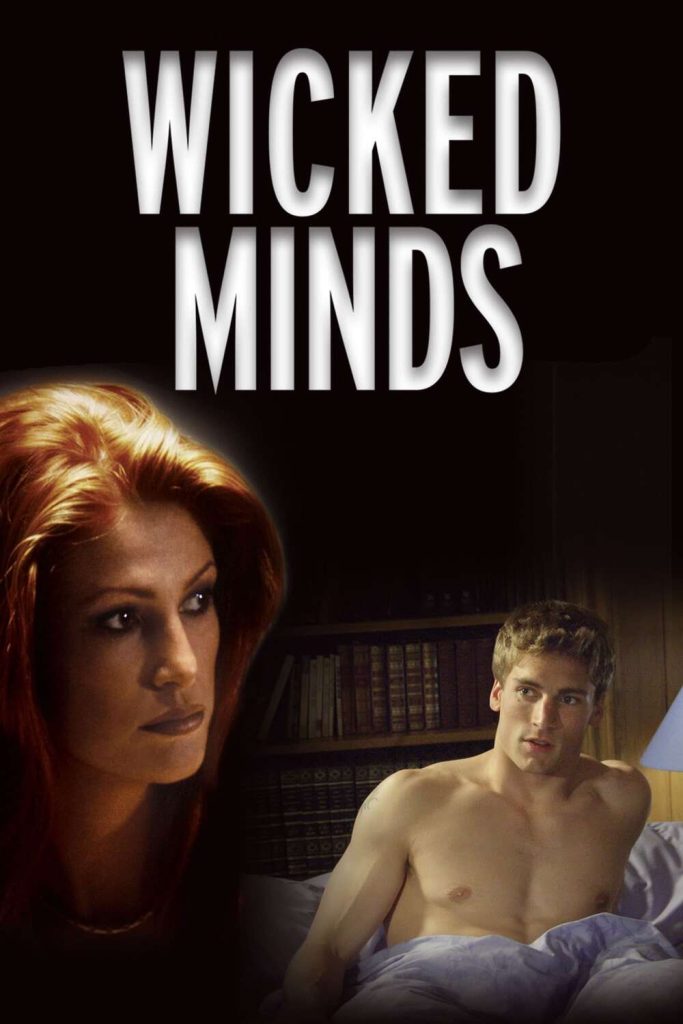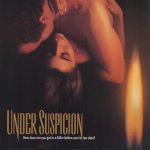Wicked Minds (2003)
**Review of *Wicked Minds* (2003): A Campy Thriller of Family Betrayal and Forbidden Desires**
—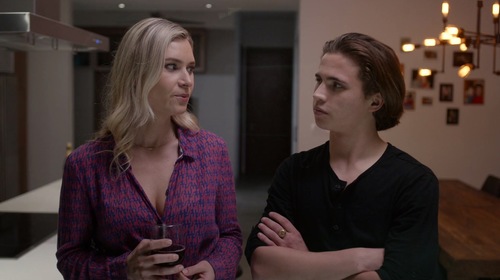
### **Introduction**
Directed by Jason Hreno and starring Angie Everhart, *Wicked Minds* (2003) is a made-for-TV thriller that blends elements of mystery, romance, and drama into a convoluted tale of familial deceit and illicit affairs. Marketed as an erotic thriller, the film notably sidesteps explicit content, relying instead on melodramatic tension and over-the-top plot twists to engage audiences. Clocking in at 93 minutes, the movie straddles the line between “so-bad-it’s-good” camp and earnest genre filmmaking, earning a polarized reputation among viewers . This review delves into the film’s narrative structure, performances, thematic ambitions, and legacy, while addressing its curious avoidance of mature content despite its provocative premise.
—

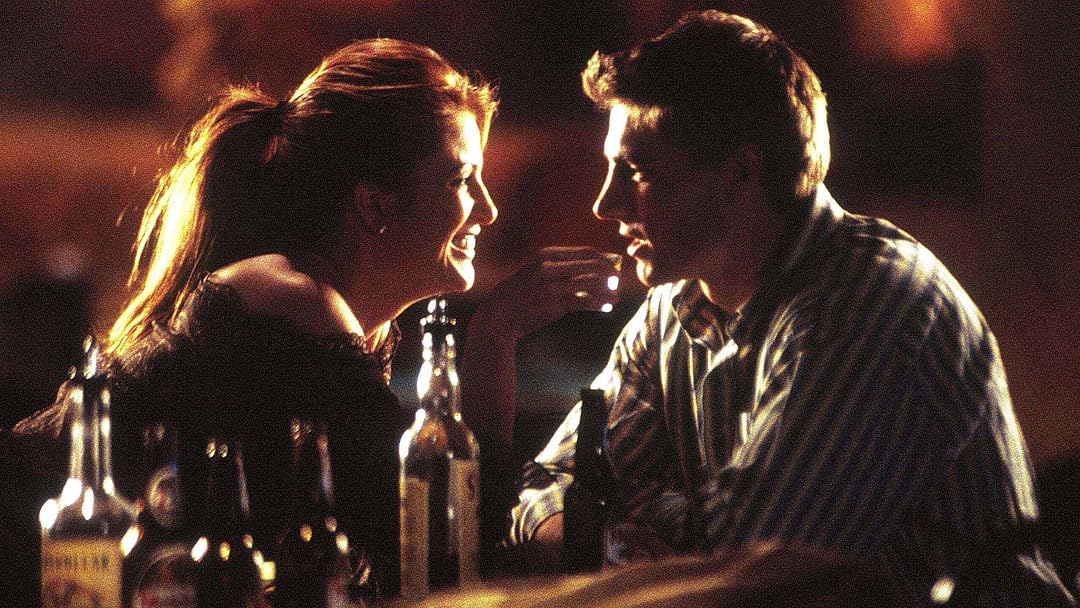
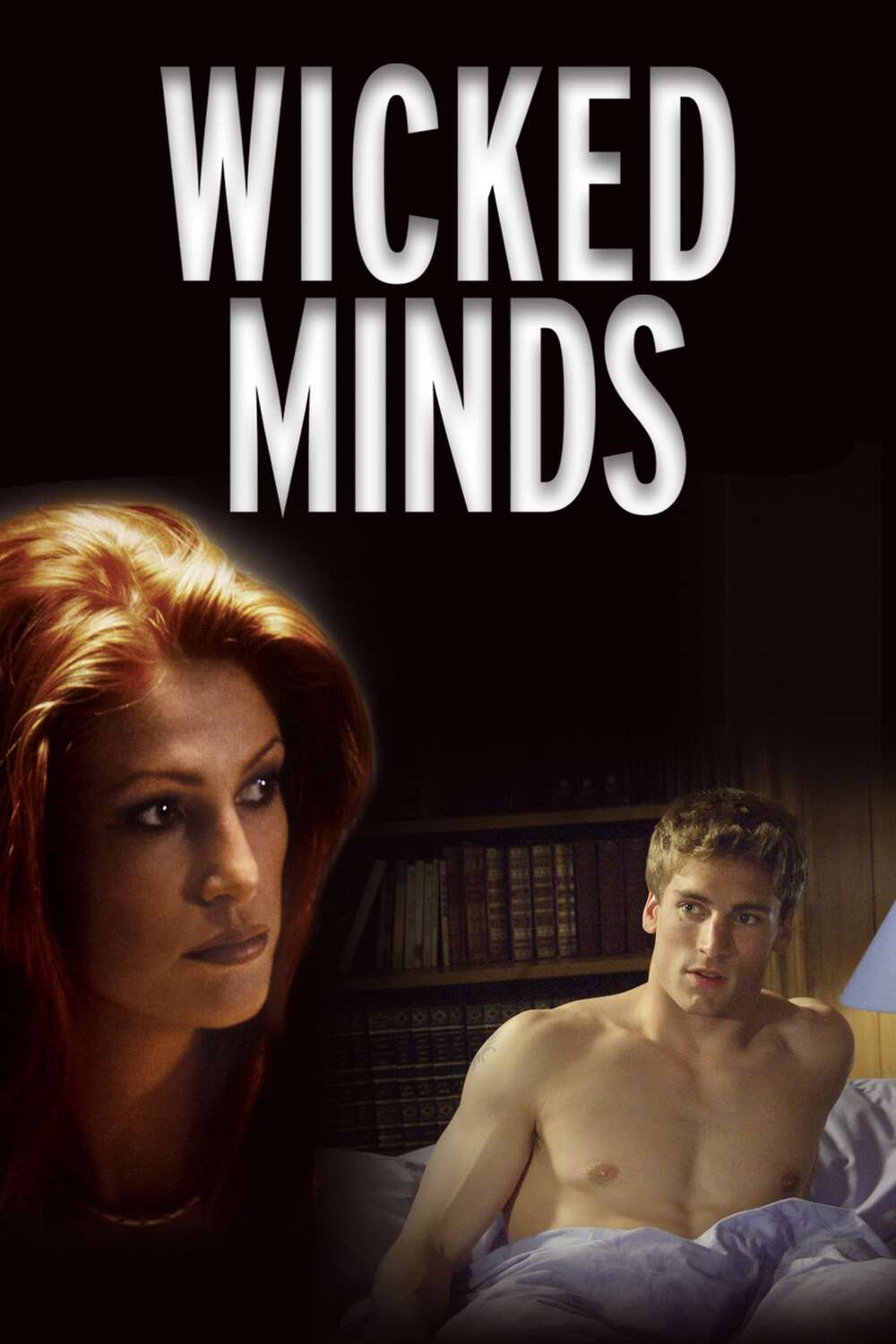
### **Plot Summary**
The story revolves around **Holden** (Andrew W. Walker), a college graduate who returns home to find his domineering father, **Mason Price** (Winston Rekert), married to the much younger **Lana Price** (Angie Everhart). Mason’s controlling nature and Lana’s apparent vulnerability set the stage for a volatile dynamic. Holden, initially resentful of his stepmother, quickly becomes entangled in a passionate affair with her, blurring the lines between manipulation and genuine attraction .
The relationship spirals into chaos when Mason is found murdered. Suspicion falls on both Lana and Holden, each accusing the other of the crime. Unbeknownst to them, Holden’s college girlfriend, **Nicole Cashper**, orchestrates a scheme to frame Lana, involving forged documents and staged evidence. The plot thickens as Lana survives a staged suicide attempt (a fall from a cliff) and returns to confront Holden, leading to a violent showdown interrupted by police. The film concludes with Lana’s death and Nicole’s escape, leaving audiences with a bleak meditation on greed and moral decay .
—
### **Thematic Analysis**
#### **1. Betrayal and Moral Ambiguity**
*Wicked Minds* thrives on the shifting loyalties of its characters. Lana, initially portrayed as a victim of Mason’s emotional abuse, gradually reveals her own manipulative tendencies. Her affair with Holden—a relationship fraught with power imbalances—challenges viewers to question who holds the moral high ground. Similarly, Nicole’s calculated machinations subvert the “femme fatale” archetype, positioning her as a pragmatist in a world of male entitlement . The film’s refusal to assign clear hero/villain roles adds complexity, though this nuance is often overshadowed by ham-fisted dialogue and contrived scenarios .
#### **2. The Illusion of Control**
Mason’s wealth and authoritarian demeanor symbolize a facade of control that crumbles as the plot unfolds. His death exposes the fragility of power, while Holden’s belief in his own infallibility mirrors his father’s arrogance. The Price family mansion, a recurring setting, becomes a metaphor for claustrophobic entrapment, its opulent interiors masking the rot within .
#### **3. Justice vs. Revenge**
Lana’s quest for retribution—cut short by her death—raises questions about the futility of vengeance. While her actions are driven by betrayal, the film’s abrupt ending undermines any catharsis, suggesting that cycles of violence are inevitable in a world governed by greed .
—
### **Performances and Character Dynamics**
**Angie Everhart** delivers the film’s standout performance as Lana, balancing vulnerability with simmering rage. Her physicality in scenes like the cliffside confrontation elevates the material, even when the script veers into camp territory .
In contrast, **Andrew W. Walker**’s portrayal of Holden lacks depth, reducing the character to a smarmy caricature of entitlement. **Winston Rekert**’s Mason is similarly underdeveloped, though his menacing presence in early scenes establishes the film’s oppressive tone . Nicole, played by an unnamed actress, is the film’s most intriguing yet wasted figure—a mastermind whose motivations remain frustratingly opaque .
—
### **Direction and Technical Elements**
Jason Hreno’s direction prioritizes pacing over subtlety, hurtling through plot twists with little regard for character development. The film’s utilitarian aesthetic—dim lighting, repetitive locations—reflects its TV-movie budget, while the score oscillates between melodramatic strings and misplaced synth beats, undercutting moments of tension .
Notably, the film avoids explicit content despite its erotic thriller label. Scenes of intimacy are implied rather than shown, relying on close-ups of smoldering glances and suggestive dialogue (e.g., Holden’s declaration, “You wanted it”). This choice alienates fans of the genre but aligns with its made-for-TV constraints .
—
### **Comparisons and Genre Context**
*Wicked Minds* draws inevitable comparisons to 1990s erotic thrillers like *Basic Instinct* (1992) and *Fatal Attraction* (1987). However, its lack of nudity and polished cinematography place it closer to Lifetime channel fare, where sensationalism trumps artistry. The film’s campy tone and “Bermuda Triangle of affairs” (as one Letterboxd user quipped) have earned it a cult following among fans of so-bad-it’s-good cinema .
—
### **Critical and Audience Reception**
The film’s reception has been sharply divided:
– **Praise**: Viewers commend its audacious twists and Everhart’s performance, with one calling it “serviceable trash-entertainment” .
– **Criticism**: Detractors lambast its shallow characters, clunky dialogue, and lack of tension. A recurring critique is its failure to embrace the eroticism implied by its premise .
—
### **Legacy and Cult Status**
Despite its flaws, *Wicked Minds* endures as a curiosity of early-2000s TV movies. Its DVD release (still available on eBay for collectors) and occasional streaming availability have introduced it to new audiences, many of whom revel in its unintentional humor .
—
### **Suggested Visuals for an 18+ Review**
While the film avoids explicit imagery, these scenes could accompany a mature-themed analysis (with symbolic captions):
1. **Lana and Holden’s First Kiss**: A close-up of their intertwined hands, shadows obscuring their faces.
*Caption*: “Desire in the shadows: Forbidden love or calculated manipulation?” .
2. **Nicole’s Mirror Reflection**: Her face fragmented in a shattered mirror, clutching a burner phone.
*Caption*: “The mastermind’s fractured psyche.”
3. **Cliffside Fall**: Lana mid-descent, hair whipping in slow motion, Nicole’s silhouette above.
*Caption*: “Betrayal defies gravity.” .
4. **Blood-Stained Wedding Ring**: A close-up of Lana’s hand post-murder, the ring glinting ominously.
*Caption*: “Love corroded by greed.”
5. **Police Lights in Rain**: The finale’s stark red-and-blue hues reflecting on Lana’s lifeless face.
*Caption*: “Justice denied, tragedy amplified.” .
—
### **Conclusion: A Guilty Pleasure with Caveats**
*Wicked Minds* is neither a masterpiece nor a total misfire. Its strengths—a committed lead performance, ludicrous plot twists, and unapologetic camp—make it a compelling watch for fans of B-movie thrills. However, its weak script, tonal inconsistencies, and avoidance of mature content prevent it from transcending its TV-movie roots.
**Final Verdict**: 2.5/5 stars. Approach *Wicked Minds* as a time capsule of early-2000s melodrama—best enjoyed with ironic detachment and a bowl of popcorn.
—
### **Additional Notes**
– **Release History**: Originally aired on March 1, 2003, later released on DVD and streaming platforms .
– **Trivia**: Angie Everhart, a 1990s supermodel, transitioned to genre films like *Bordello of Blood* (1996), bringing a mix of glamour and grit to her roles .
